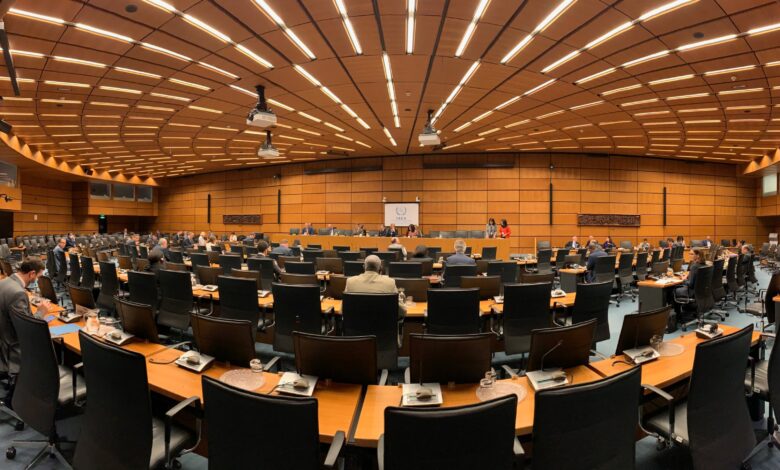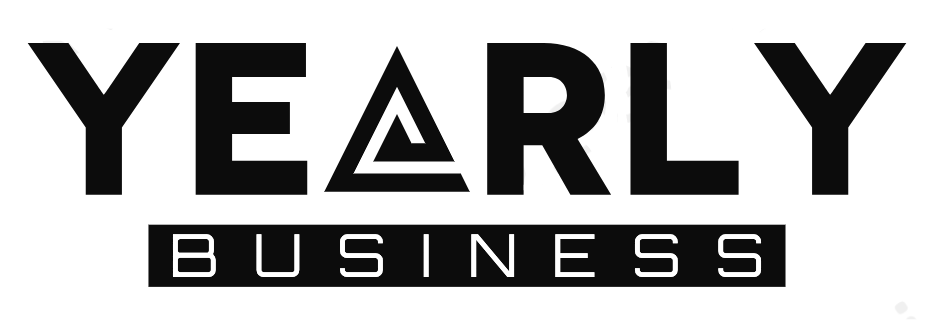Navigating Expedited Arbitration: Understanding EAS Rules and Procedures

In the realm of conflict resolution, expedited arbitration has emerged as a vital tool for swiftly settling disputes outside the conventional courtroom setting. Expedited Arbitration Services (EAS) provides a comprehensive framework of rules and procedures specifically designed to facilitate expedited dispute resolution. Understanding these guidelines is pivotal for parties seeking efficient and fair conflict resolution through arbitration.
The Significance of Expedited Arbitration
In today’s dynamic business landscape, resolving disputes promptly is essential to prevent financial and operational disruptions. Expedited Arbitration caters precisely to these needs, offering a streamlined mechanism for resolving conflicts efficiently. EAS specializes in facilitating expedited dispute resolution, particularly where parties have contractually agreed to employ their services.
Rules Governing Expedited Arbitration
Rules of Arbitration: EAS applies its specific Rules of Arbitration to expedited disputes. These rules are activated when parties have contractually agreed to engage EAS for arbitration. Parties retain the right to amend or modify these rules through written agreement, but any conflicting rules within the arbitration clause are not binding.
Communication Guidelines: Communication channels with EAS and among parties primarily operate through email and the EAS online platform. Parties are prohibited from engaging in ex-parte communications with the arbitrator, except for settlement discussions with unanimous consent.
Privacy and Confidentiality: Confidentiality is paramount throughout the arbitration process, with exceptions only where disclosure is mandated by law or for enforcing or challenging awards.
Liability Exclusion and Legal Challenges: Arbitrators and EAS personnel are shielded from involvement as witnesses in any legal proceedings arising from arbitration. Legal challenges to an arbitrator’s decision must follow a specific appeals process within EAS before recourse to the State of New York Supreme Court, Kings County.
Initiating the Process
The initiation of an expedited arbitration process under EAS involves several key steps:
Submission of Documents and Agreement: Parties must pay initial fees, submit the contractual arbitration clause, and execute the EAS Arbitration Form.
Arbitrator Assignment: Upon receiving the executed EAS Form, an arbitrator is appointed from EAS’s roster. Notably, participants do not have a direct say in arbitrator selection.
Unilateral Initiation: A party can unilaterally trigger EAS arbitration by paying fees, submitting the arbitration clause, and filing an EAS Demand for Arbitration. In this case, an arbitrator is assigned by EAS without the respondent’s input if they fail to respond within a stipulated timeframe.
Pre-Hearing Procedures
Before the arbitration hearing, certain procedures and rules must be adhered to:
Pre-Hearing Conference: The arbitrator, upon request, may conduct a conference to discuss settlement discussions, necessary discovery, agreed facts, and the format of the hearing.
Discovery and Submission Deadline: Discovery procedures are outlined, and a submission deadline is set for all documents via the EAS online platform.
Conducting the Hearing
During the arbitration hearing, specific rules and procedures dictate the conduct:
Evidence Submission: Parties must provide evidence beforehand. The arbitrator has discretion to admit or exclude evidence based on predefined criteria.
Record-Keeping and Attendance: No stenographic record is maintained, ensuring privacy. Only involved parties or their attorneys are allowed to attend or participate, with the arbitrator holding the authority to exclude non-party witnesses.
Post-Hearing Procedures and Final Awards
Following the hearing, final decisions and procedures come into play:
Rendering the Award: The arbitrator must issue a written award within a specified timeframe after the completion of all proceedings.
Reconsideration and Enforcement: Parties have a limited period to request reconsideration or review of the award. Once finalized, the award is binding upon the involved parties and their presented issues.
Fees and Expenses
Understanding the financial aspect is crucial:
Fee Structure: Fees are based on EAS’s schedule and must be paid upon submission. Failure to pay may result in fee recovery by other parties and suspension or termination of arbitration.
Expense Allocation: Expenses, including arbitrator costs and witness expenses, are typically shared among the involved parties.
Final Words
In conclusion, mastering the intricate rules and procedures outlined by Expedited Arbitration Services is indispensable for parties seeking an expedited yet equitable resolution to their disputes.
EAS’s comprehensive framework ensures a structured and fair process, maintaining the balance between swift resolution and procedural fairness in dispute resolution.
